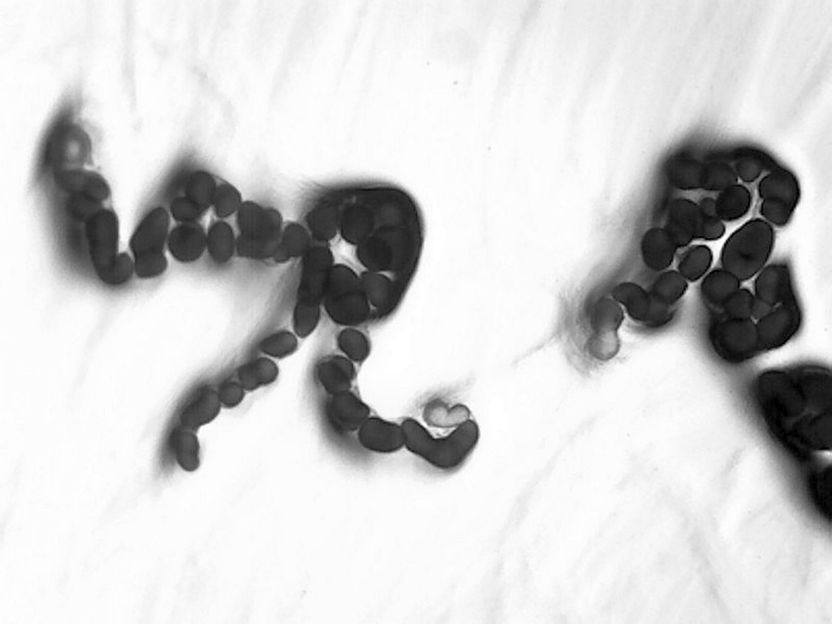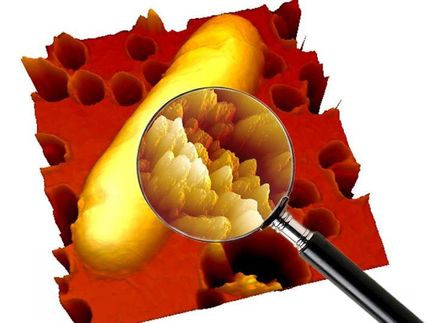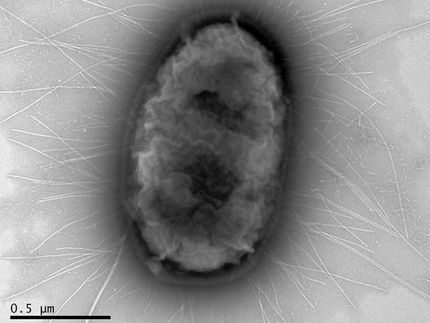Genzyme and Project HOPE Partner to Rebuild Critical Health Care Programs in Tsunami-Affected Areas
Genzyme Corporation and Project HOPE, an international, nonprofit, health education and humanitarian assistance organization, announced today that they will collaborate on two major programs to address the longer-term health care needs of people affected by the tsunami in Indonesia and Thailand. As part of its dedication to building a sustainable health care infrastructure and to improve health education in these under-served areas, Genzyme will provide a three-year contribution totaling $1,000,000.
"The tsunami disaster in Southeast Asia has touched all of us at Genzyme on a very personal level," said Henri Termeer, chairman and chief executive officer of Genzyme Corporation. "We wanted to contribute to the rebuilding effort in line with our corporate philosophy of creating constructive solutions to global health problems. These new programs are an extension of our partnership with Project HOPE on another initiative to provide free medicine to patients in under-served areas around the world."
Over the past few months, Genzyme and Project HOPE have been evaluating needs in the tsunami-affected areas and how they can contribute to rebuilding the necessary medical infrastructure, while providing long-term education and training to address ongoing health needs.
"Genzyme's donation will be put to work immediately, as Project HOPE is now underway with its long-term plan to implement sustainable health care programs to meet the needs of the tsunami-affected communities," said John P. Howe III, M.D., president and CEO of Project HOPE.
The first project is a one-year program designed to improve the national level of pediatric critical care nursing skills in Thailand. Doctors from the ministry of Public Health identified the need for this training. In collaboration with the Chiang Mai University Faculty of Nursing, 55 nurses from hospitals serving the tsunami-affected areas will be trained with a standardized curriculum, resulting in certification. To ensure sustainability, the trained nurses will then train peer nurses at their hospitals, which will raise the level of pediatric critical care nursing across Thailand.
In addition, a three-year commitment will be made to re-equip and provide health professional training in order to re-establish quality medical service at Zainoel Abidin University Hospital in Bande Aceh, Indonesia, which lost 50 percent of its staff and most of its equipment, furniture and supplies in the tsunami. Doctors and nurses from Massachusetts General Hospital have volunteered with Project HOPE to restore medical services at the hospital and will also be supporting this initiative by providing training to the new Abidin hospital staff. During the first year, the focus will be on the pulmonary/infectious disease unit and OB/GYN care.
Throughout the multi-year initiatives, Genzyme and Project HOPE will conduct periodic evaluations of each program. Full-time staff on the ground and visiting experts from Project HOPE will provide on-going monitoring and evaluation.
In Genzyme's commitment to ensuring access to its therapies, the company has developed a partnership model where humanitarian efforts are paired with education and advocacy to demonstrate the value of its products to governments and insurers. In developing countries, Genzyme sponsors the Gaucher Initiative through Project HOPE, providing its enzyme replacement therapy Cerezyme® to Gaucher patients around the world. Through the Gaucher Initiative, more than 200 patients in 17 countries, many of them children with severe Gaucher disease, a rare inherited disorder, have received Genzyme's life-saving therapy.
Topics
Organizations
Other news from the department business & finance

Get the life science industry in your inbox
By submitting this form you agree that LUMITOS AG will send you the newsletter(s) selected above by email. Your data will not be passed on to third parties. Your data will be stored and processed in accordance with our data protection regulations. LUMITOS may contact you by email for the purpose of advertising or market and opinion surveys. You can revoke your consent at any time without giving reasons to LUMITOS AG, Ernst-Augustin-Str. 2, 12489 Berlin, Germany or by e-mail at revoke@lumitos.com with effect for the future. In addition, each email contains a link to unsubscribe from the corresponding newsletter.
Most read news
More news from our other portals
Last viewed contents
Merck Reports Results of Phase III Study of Investigational Oral Allergy Immunotherapy Tablet (AIT)

Unlimited access to microbiological research data - Update of the freely accessible database BacDive enables access to more than 900,000 metadata
Genedata Begins High-Throughput Screening Collaboration with NIH Chemical Genomics Center





















































